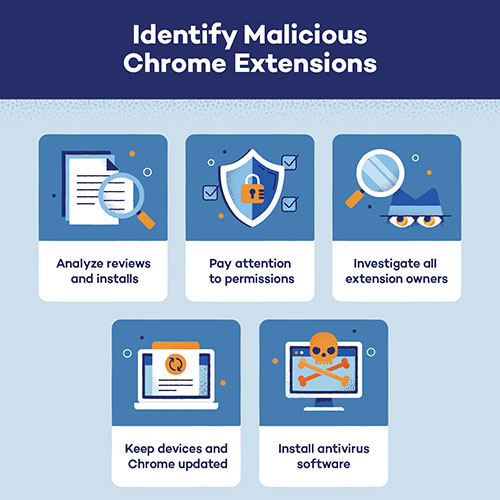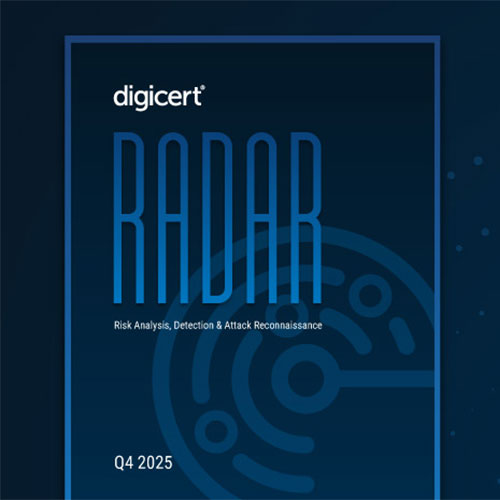
The shift in App Store policies will likely have a ripple effect across the industry, encouraging more developers to explore alternative payment options and fostering greater competition in the mobile app marketplace
In a significant shift in its App Store policies, Apple has announced changes to its payment rules, allowing developers to include links to external payment platforms. This development follows a US court order that accused the tech giant of failing to comply with previous legal rulings, making it a turning point in the ongoing battle over Apple’s control of digital transactions on its devices.
Under the new App Store guidelines, developers can now direct users to third-party payment systems for purchasing apps or subscriptions, circumventing Apple’s in-app purchase model, which charges a commission of up to 30%. This change marks a response to the long-standing legal pressure Apple has faced, particularly after a US court found that the company had not sufficiently adjusted its policies following a 2021 antitrust lawsuit filed by Epic Games.
Epic Games, Spotify celebrate legal victory
The legal dispute, which began when Epic Games accused Apple of monopolistic behaviour in its app marketplace, reached a key moment when US District Court Judge Yvonne Gonzalez Rogers ruled that Apple was in violation of an injunction. Judge Rogers accused the company of not adhering to her order, issuing new measures that blocked competition and further cemented Apple’s control over the App Store. The judge ordered immediate enforcement of the injunction, leading Apple to modify its payment policies.
Spotify was quick to take advantage of the updated rules. The music streaming giant confirmed that its app in the US App Store has been updated to include clear pricing information and links to external purchase options. "In a victory for consumers, artists, creators, and developers, Apple has approved Spotify's US app update," the Swedish company posted on X (formerly Twitter). This change allows Spotify to directly compete with Apple’s own music streaming service by offering users more transparent pricing and flexibility in their purchase decisions.
Tim Sweeney, CEO of Epic Games, expressed his congratulations on Spotify’s achievement, calling it a significant milestone in the ongoing fight for fair digital commerce. “Spotify is the first major iOS app to exercise its court-mandated right to conduct business without Apple interference,” Sweeney wrote, emphasizing the significance of the moment for developers and consumers alike.
The original case, filed by Epic Games in 2021, challenged Apple’s monopoly over iOS app transactions, accusing the company of using its market power to force developers to pay high commission fees. While the court ruled that Apple’s control of the App Store did not constitute a monopoly, it ordered Apple to allow developers to offer alternative payment systems and external links.
Apple responds to legal backlash
Despite the ruling, Apple’s initial response was seen as an attempt to circumvent the court’s decision, with the company implementing new barriers to make it more difficult for developers to take advantage of the changes. This led to further legal action and the more recent court rebuke. Apple has announced it intends to appeal the ruling but has agreed to comply with the changes in the meantime.
Apple’s broader services business, which includes iCloud, Apple Music, and the App Store, continues to be a crucial revenue stream, accounting for more than a quarter of the company’s total earnings. As the company prepares for its annual Worldwide Developers Conference (WWDC) in June, industry observers expect further announcements on how Apple will adapt to the changing regulatory environment while ensuring continued profitability from its services division.
The shift in App Store policies will likely have a ripple effect across the industry, encouraging more developers to explore alternative payment options and fostering greater competition in the mobile app marketplace.See What’s Next in Tech With the Fast Forward Newsletter
Tweets From @varindiamag
Nothing to see here - yet
When they Tweet, their Tweets will show up here.





























